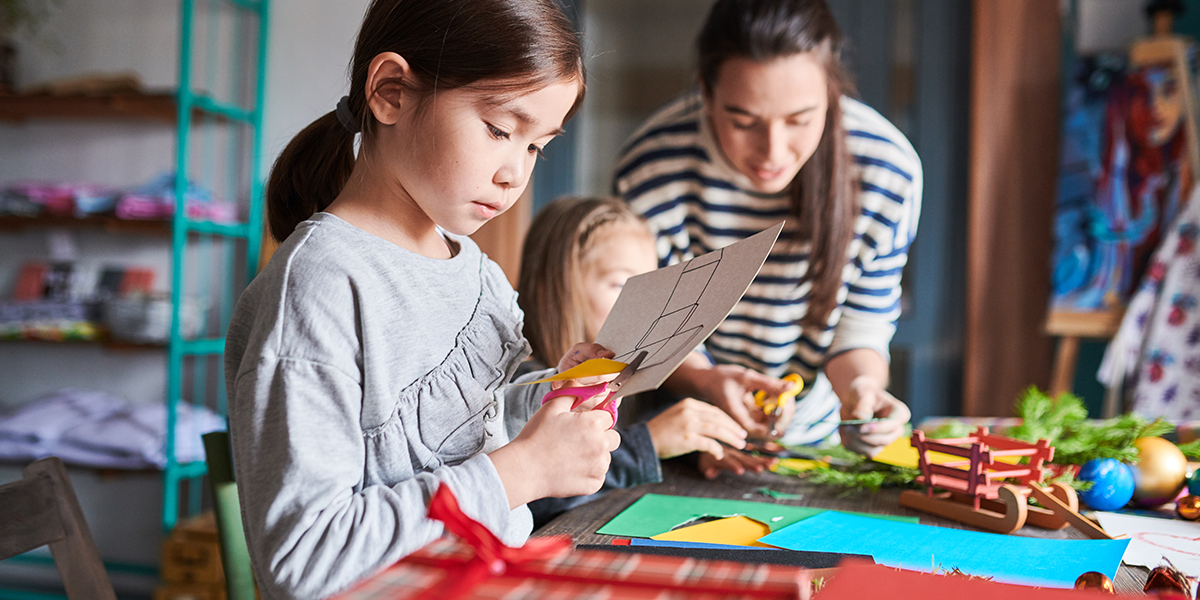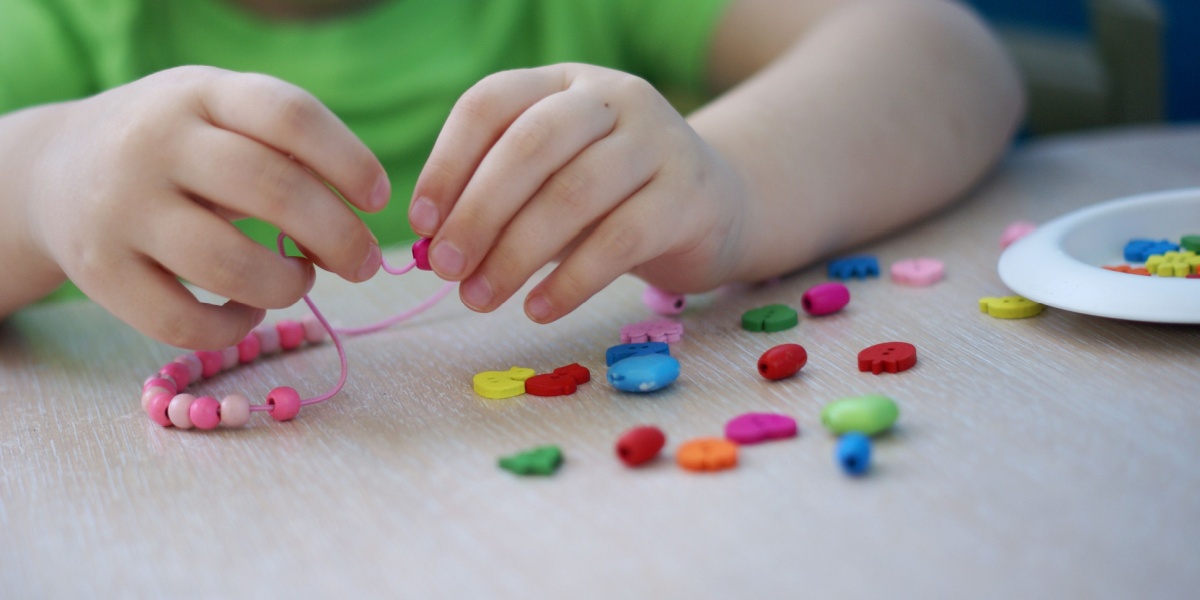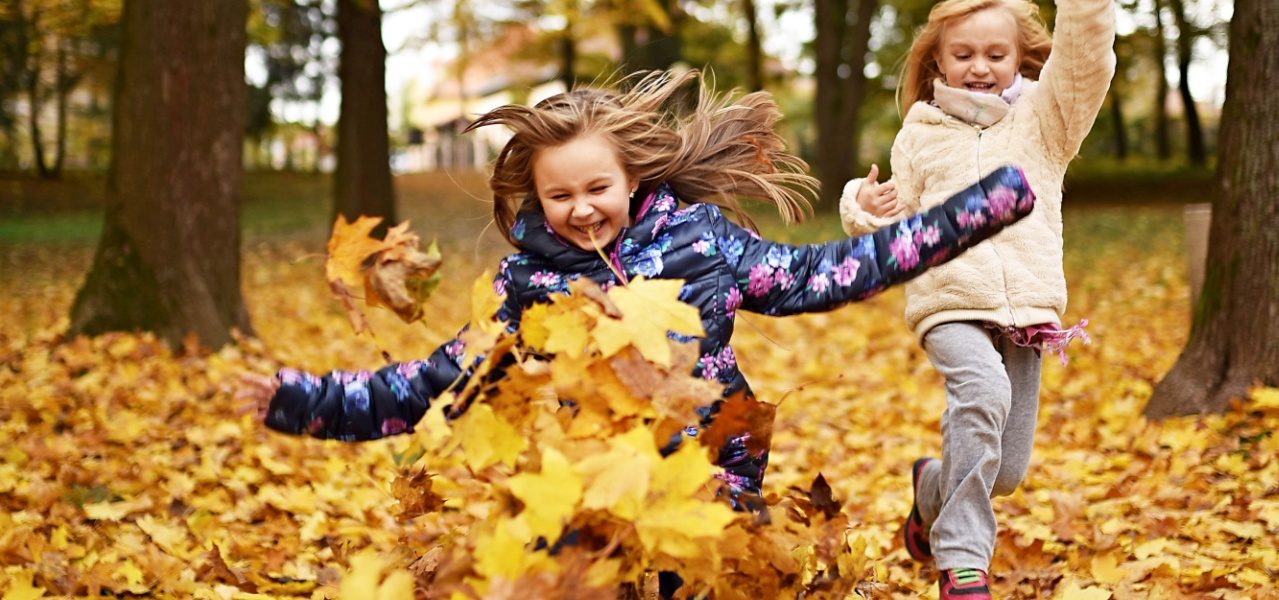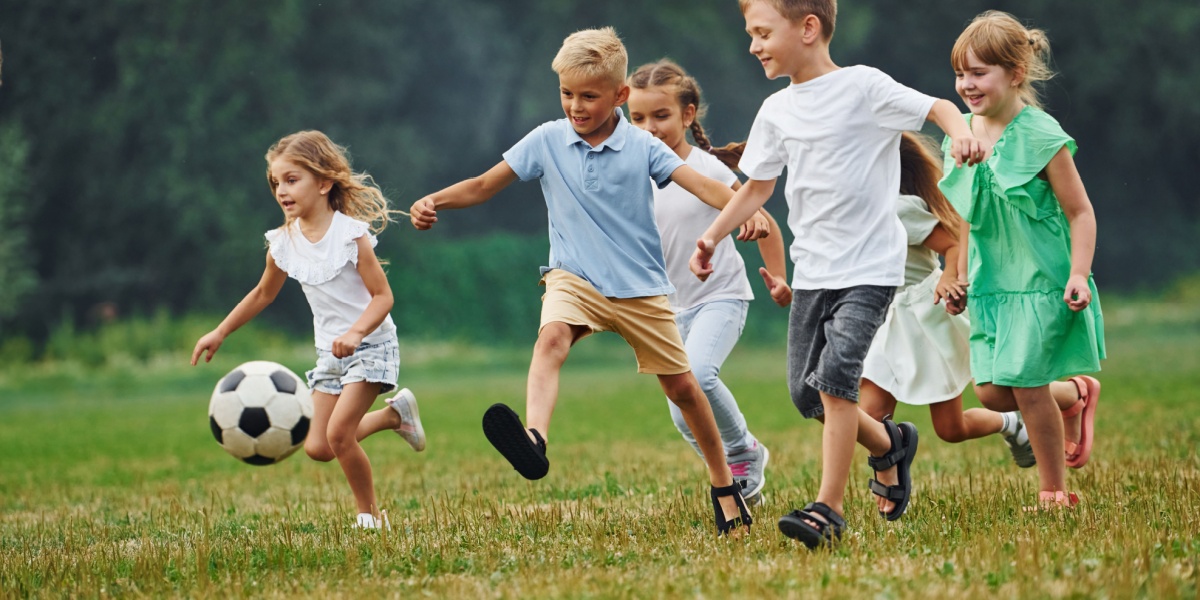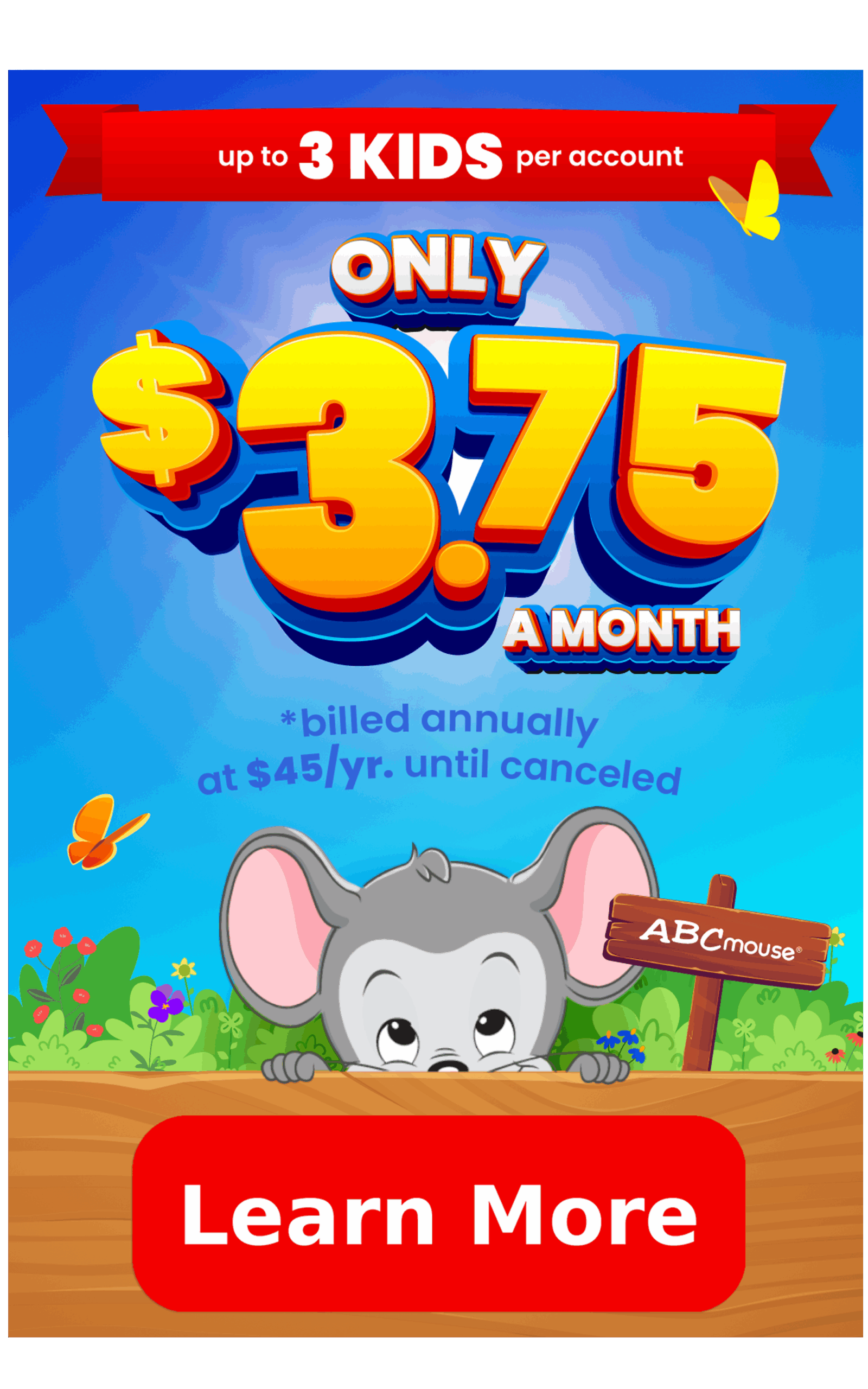50 Fun and Educational Nature Activities for Preschoolers to Enjoy Outdoors
Share
Whether exploring your backyard or a local park, these outdoor nature activities for preschoolers bring educational fun to the whole family.
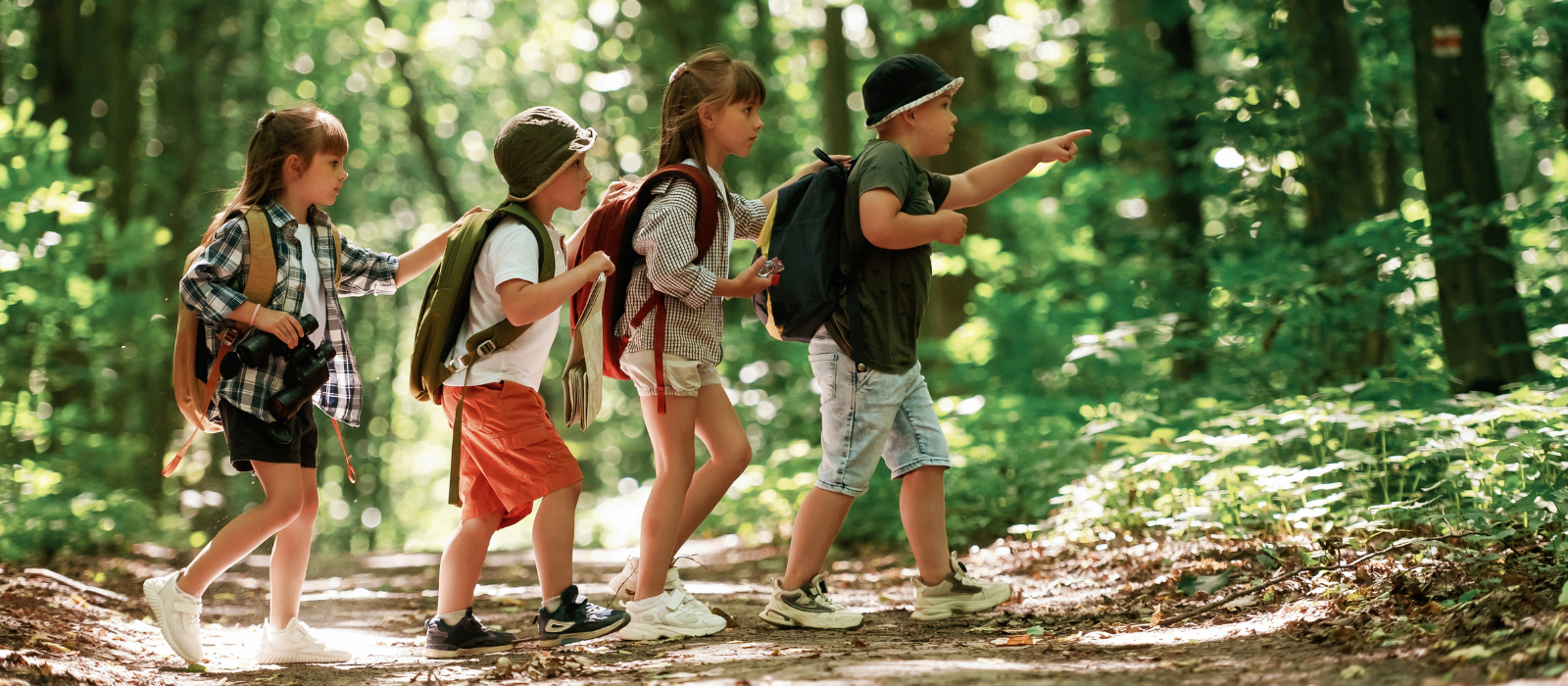
Outdoor activities offer preschoolers endless opportunities to learn and explore, as nature provides the perfect setting for discovering new sights, sounds, and textures. From encouraging an interest in the natural world around them to promoting physical activity, time outdoors helps children connect with and appreciate their environment and experience the positive impact it has on their well-being.
Nature Exploration Activities
Nature is a treasure trove of exciting discoveries for preschoolers, and using it as an outdoor classroom can enhance their observational and critical-thinking skills. These hands-on activities aim to engage your child with the natural world in meaningful and enjoyable ways.
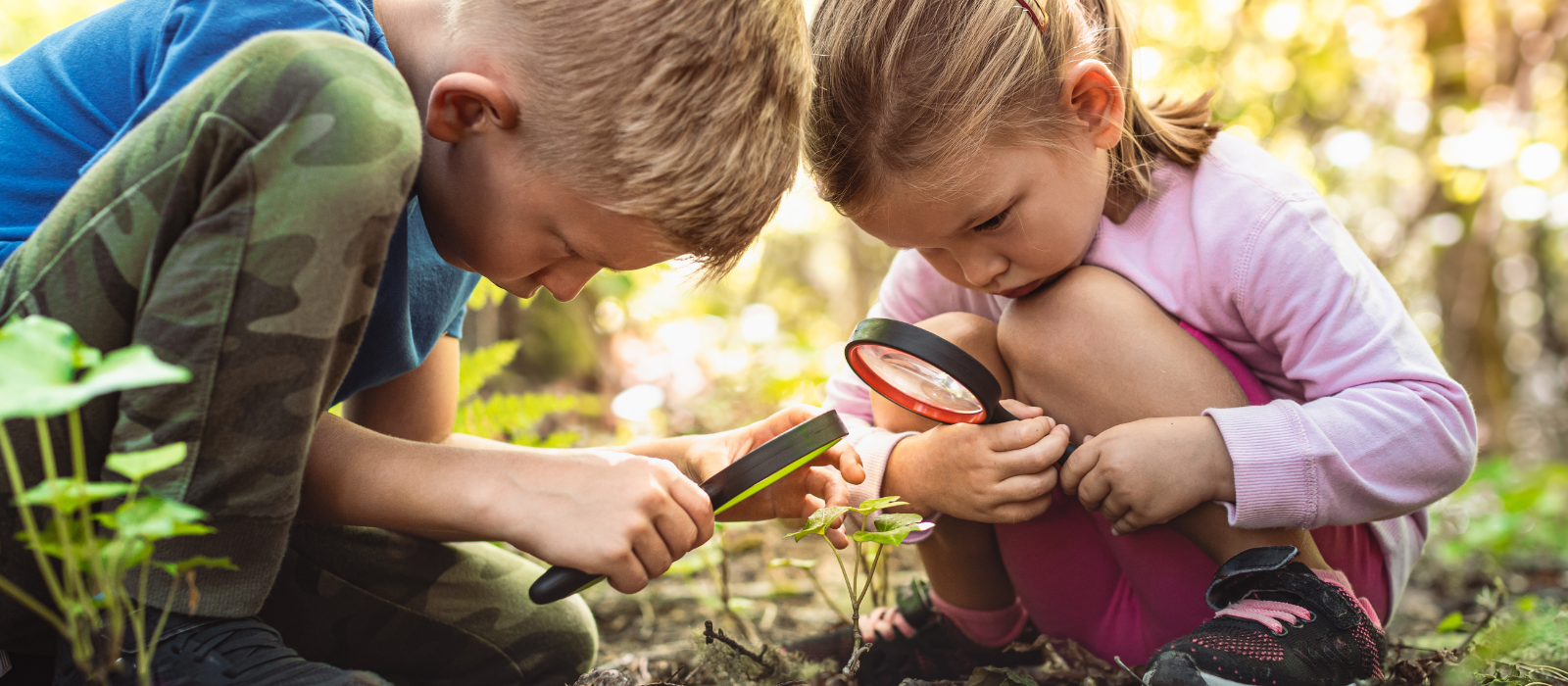
1. Go on a Bug Hunt with Magnifying Glasses
Equip your preschooler with a child-safe magnifying glass and explore the hidden world of bugs. Look under rocks and leaves, in flower beds, or on tree trunks to discover insects in their natural habitat. Ask questions like, “What colors do you see?” or “How does the bug move?” or “Why do you think that bug likes to live there?”
2. Collect and Sort Leaves by Size, Color, or Texture
Take a walk and gather fallen leaves together. Once you’re home, divide them into groups by their size, color, shape, or texture. This simple activity helps preschoolers develop sorting and categorization skills while noticing seasonal changes.
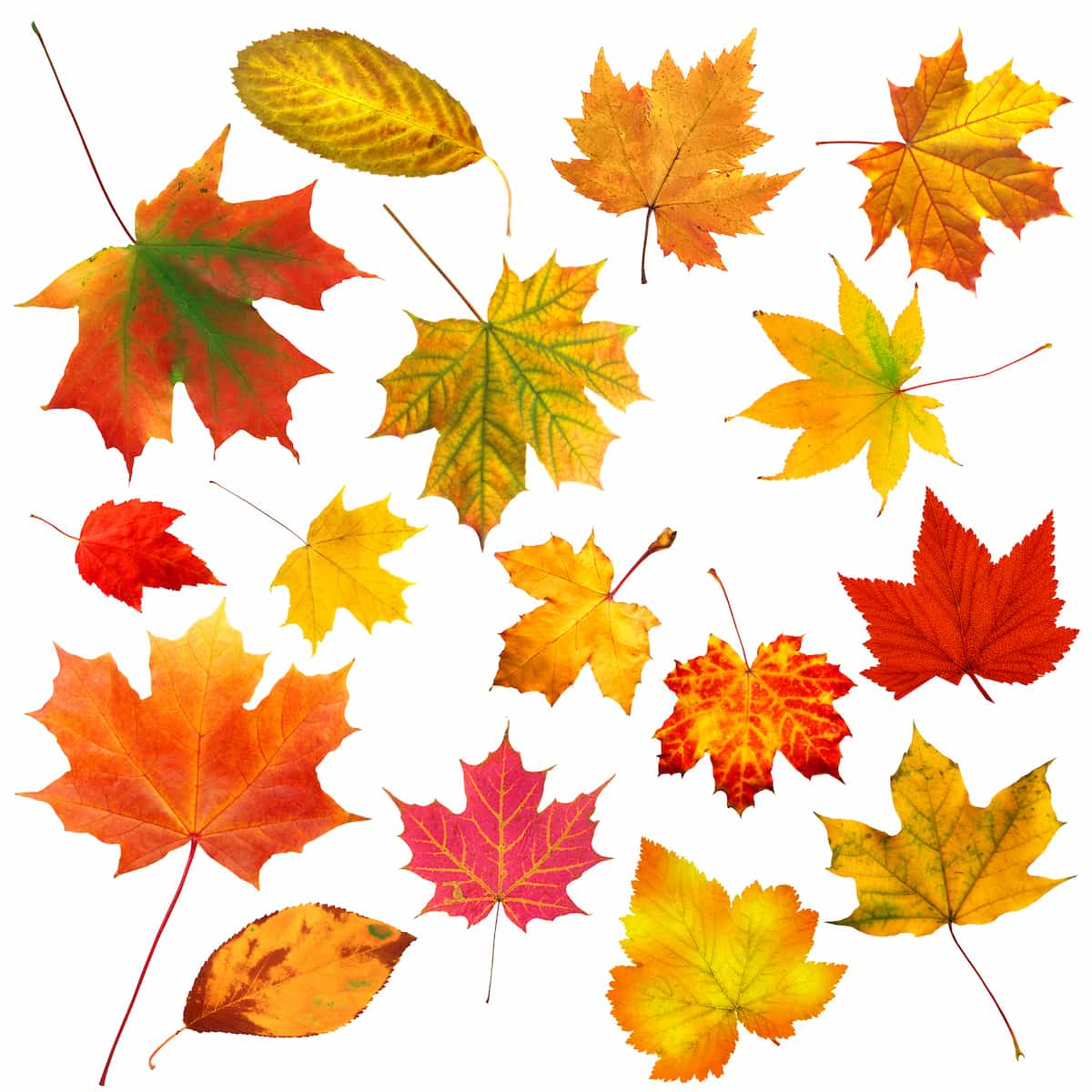
3. Explore a Local Park or Nature Preserve
Visit a nearby park or nature preserve and let your child lead the way as they observe trees, birds, and other wildlife. Encourage them to describe what they see, hear, and smell. Bring along a notebook for drawing or jotting down exciting discoveries and some snacks and water to keep little ones fueled.
4. Create a Nature Scavenger Hunt
Make a list of items for your child to find outside, such as something green, something smooth, something colorful, something soft, or something rough.
You can also make a list of specific items you would like your child to find like a small rock, a big leaf, 2 pinecones, a stick, etc.
This activity encourages sensory exploration and helps children practice using descriptive language as they share their discoveries with you.
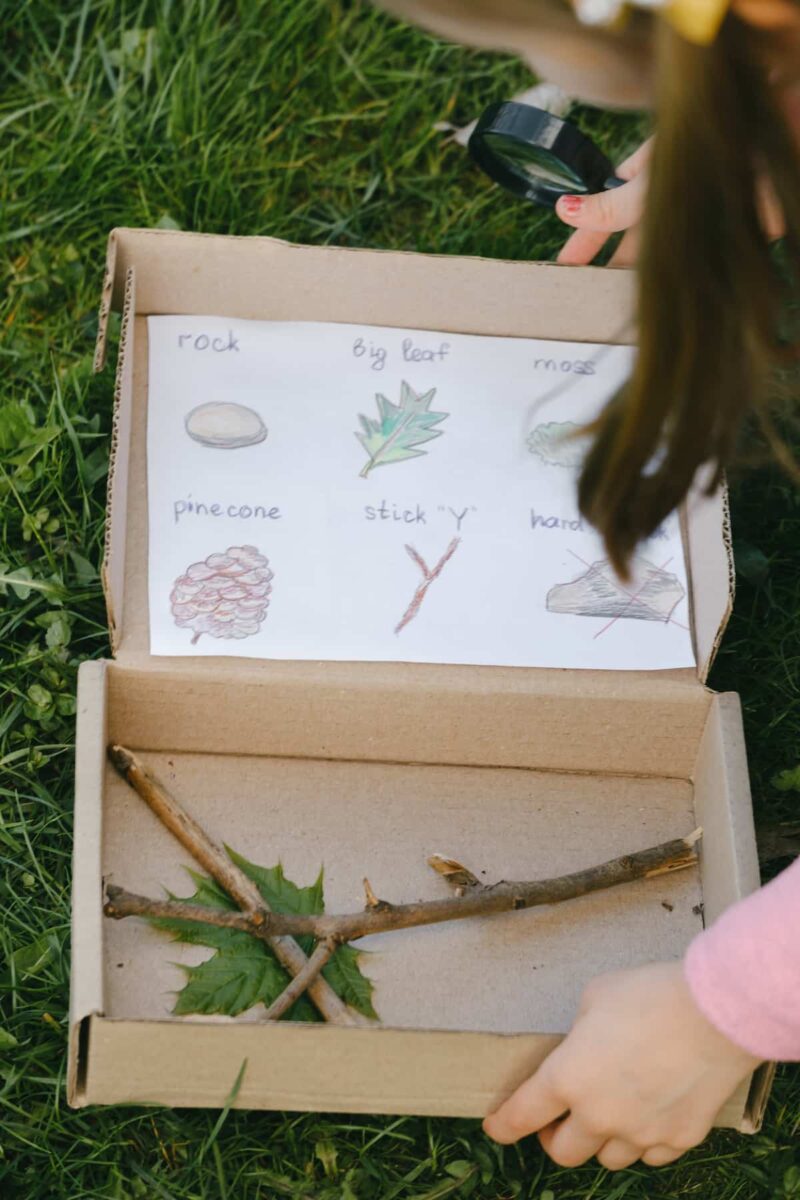
5. Identify and Learn About Different Types of Flowers
Take a closer look at the flowers growing in your yard or neighborhood. Talk about their shapes, colors, and scents. You can even use a simple guidebook or app to identify them and learn interesting facts, like which flowers attract butterflies or bees. As the days go by, revisit the flowers to see how they change over time. Ask questions like, “Did their colors change?” and “Do they smell different?”
Gardening and Planting Activities
Gardening offers preschoolers a hands-on way to learn about plants, nature, and responsibility. Through planting, watering, and watching things grow, children can develop patience and a sense of accomplishment. These gardening activities are perfect for budding green thumbs!
6. Plant Sunflowers and Measure Their Growth Weekly
Sunflowers are easy to grow and fascinating to watch as they stretch toward the sky. Help your child plant sunflower seeds in a sunny spot and water them regularly. Use a simple chart to measure their height each week, teaching concepts like growth and measurement.
Tip: As you watch your sunflowers grow, note how they move throughout the day. Sunflowers follow the sun as it moves across the sky. This is known as phototropism.
7. Start a Mini Herb Garden
Choose herbs like basil, mint, or parsley that are simple to grow and wonderful to smell. Plant them in small pots or a garden bed, and let your preschooler water and care for them with your guidance. As the herbs grow, use them in cooking to teach your child how plants are useful, nutritious, and delicious.
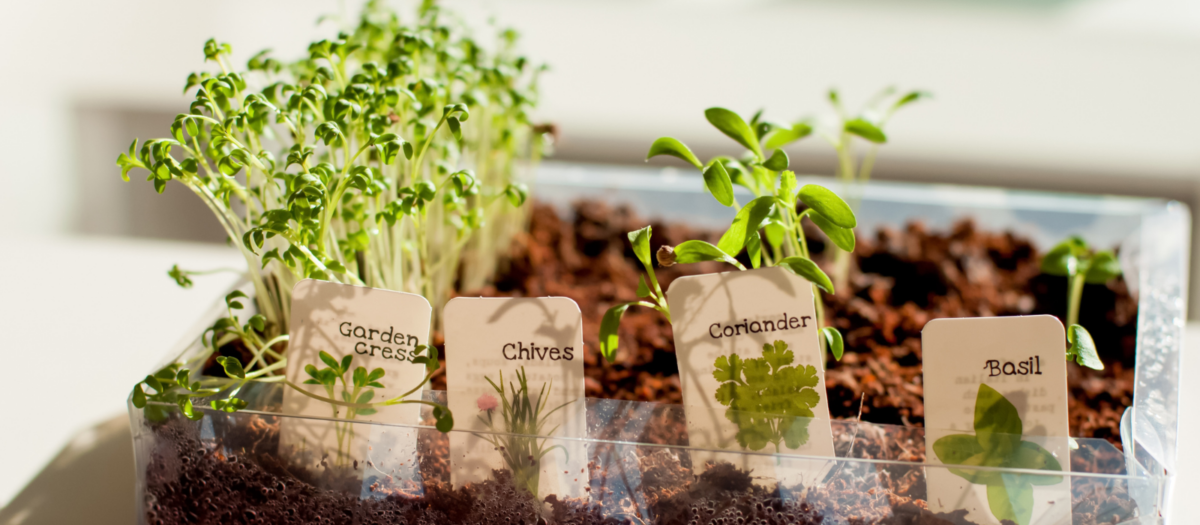
8. Decorate Pots and Plant Flowers in Them
Let your child get creative and decorate small flower pots with waterproof paint, stickers, or markers. Once the pots are ready, help your child fill them with soil and plant flowers like marigolds or petunias. Display the pots around your home or garden or give them as gifts.
9. Make Seed Paper and Plant It
This activity combines art, recycling, and gardening into one fun project. It starts by blending paper with water, adding wildflower seeds to the mix, straining out excess water, and then shaping the mixture with cookie cutters or by hand. Once dry, plant the seed paper in soil, water it regularly, and watch flowers grow! This project teaches children about recycling, the plant lifecycle, and the joy of giving handmade gifts. Learn how to make seed paper here.
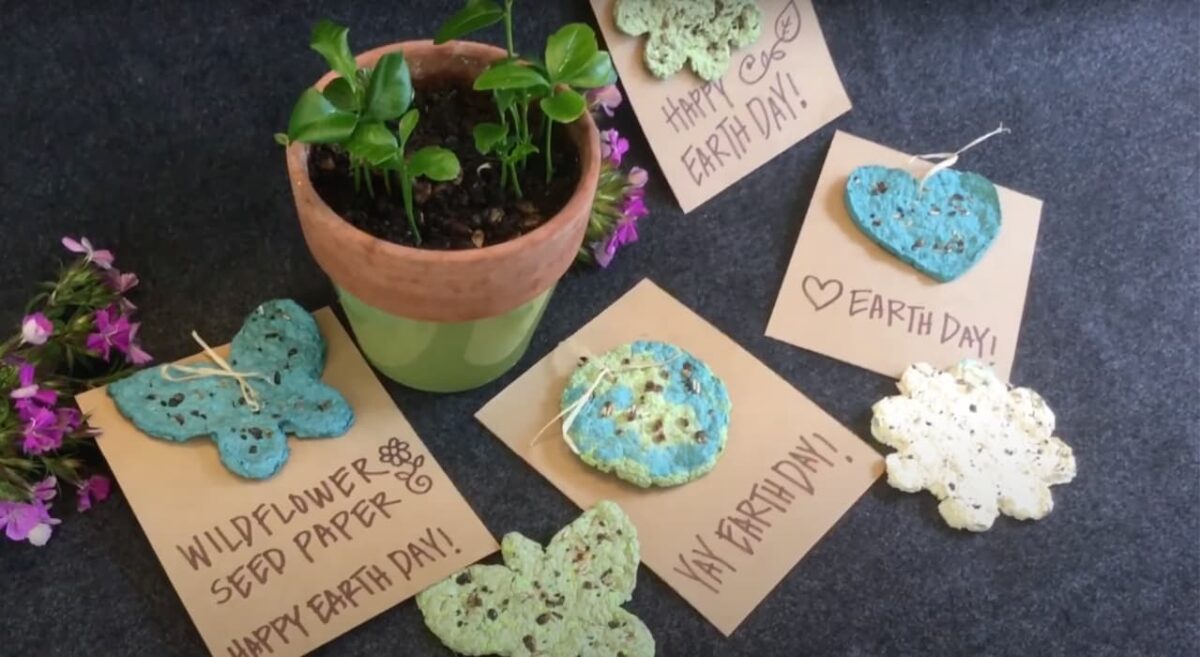
10. Create a Mini Pollinator Garden in a Pot
You don’t need a large garden to attract butterflies and bees! Here’s an easy way to create a pollinator-friendly space with your preschooler:
- Grab a Pot: Use a medium-sized pot or container with drainage holes. Add a thin layer of small rocks or pebbles at the bottom to help with drainage.
- Plant Pollinator-Friendly Flowers: Choose a few small, colorful plants like lavender, asters, or bee balm. These are usually easy to find at garden centers and loved by pollinators.
- Place It Outside: Set the pot in a sunny spot on your porch or in the yard, and enjoy watching butterflies and bees visit.
Sensory Nature Activities
Sensory activities help preschoolers connect with nature by engaging their senses of touch, smell, and sound. These activities help to encourage children to explore the natural world while enhancing their sensory development.
11. Create a Sensory Bin with Natural Materials
Fill a large container with natural materials such as sand; small, smooth pebbles; or a mix of leaves, acorns, and pinecones. Add scoops, small containers, or spoons for your child to dig, pour, and explore. Encourage them to describe the textures, sounds, and colors they notice as they play.
12. Build a Mud Kitchen and Mix “Recipes”
Set up a simple outdoor mud kitchen using old pots, pans, and utensils. Gather dirt, water, and natural “ingredients” like sticks, leaves, and flowers for your child to mix and create imaginative “recipes.” This activity is perfect for tactile play and outdoor fun but can also make a big mess, so make sure your child is dressed appropriately!
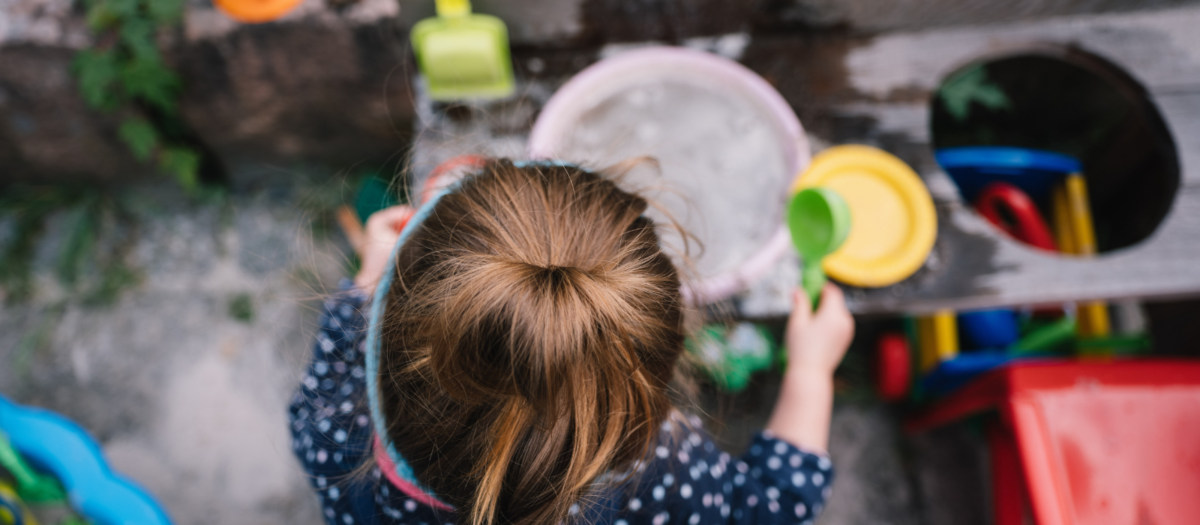
13. Walk Barefoot on Grass, Sand, or Smooth Stones
Take off your shoes and enjoy a sensory walk together! Feel the cool, soft grass, warm sand, or smooth stones under your feet. Encourage your child to describe how each surface feels, helping them become more aware of their surroundings.
14. Freeze Flowers in Ice Cubes for Sensory Exploration
Collect small flowers and freeze them in ice cube trays filled with water. Once frozen, give the cubes to your child to touch and explore as they melt. Talk about the colors, textures, and changes they notice as they play and the ice melts. This is a great activity for a warm day.
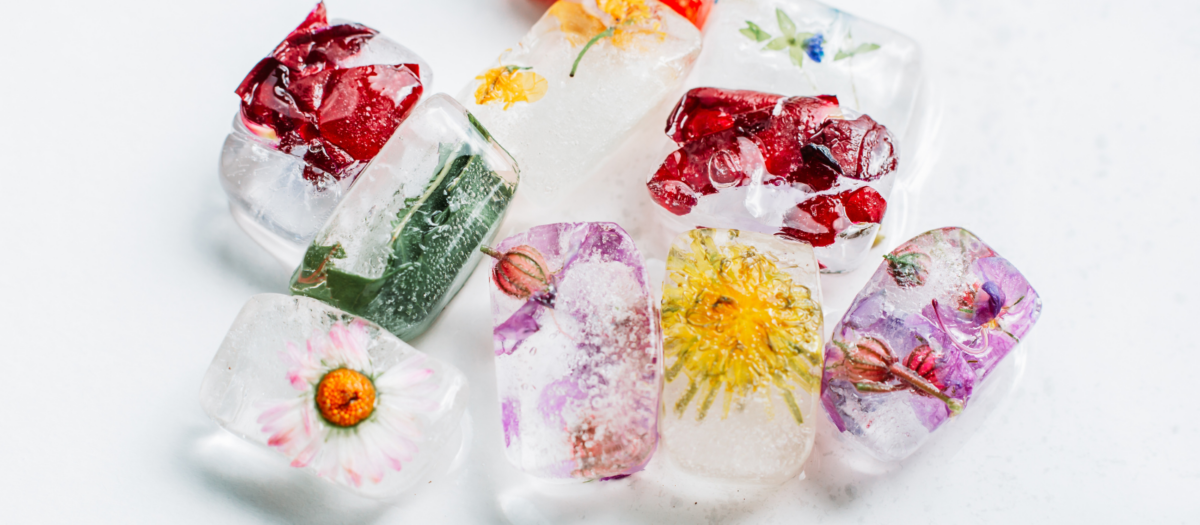
15. Explore Different Scents by Smelling Herbs and Flowers
Gather a few fragrant herbs like mint, rosemary, or basil, along with flowers from your garden. Let your child smell each one and describe what they notice. You can even turn it into a game by blindfolding them and seeing if they can guess the scents.
Outdoor Arts and Crafts
Outdoor arts and crafts are a wonderful way to combine creativity with exploring nature. Using materials like leaves, sticks, and rocks, preschoolers can create unique art projects that are connected to the world around them.
16. Paint Rocks with Colorful Designs
Gather smooth rocks from your yard, and let your child decorate them with nontoxic paints. They can create patterns, animals, or simple colorful designs. Once dry, use the rocks to brighten up your garden or as keepsakes.
17. Make Leaf Rubbings with Crayons and Paper
Collect a variety of leaves and place them under a sheet of paper. Have your preschooler rub crayons gently over the paper to reveal the leaf shapes and textures. This simple activity is a great way to draw children’s attention to the variety of leaf shapes and characteristics. Learn how to make leaf prints here.
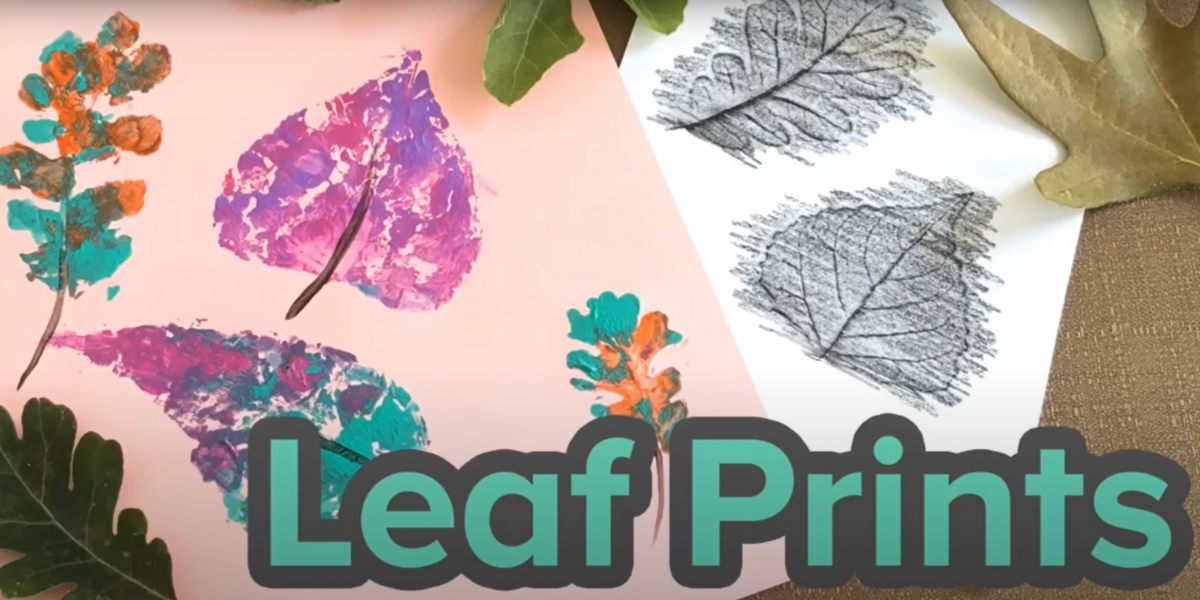
18. Build a Stick or Twig Sculpture
Use twigs, sticks, and other natural materials to create sculptures, whether you build them on the spot outside or collect a few items to experiment with at home. If needed, provide your child with some string, glue, or playdough to help hold the pieces together. Encourage them to build towers, animals, or abstract shapes, helping to boost their creativity and problem-solving skills.
19. Create Nature Collages with Leaves, Flowers, and Bark
Collect an assortment of natural materials and let them dry out for several days. Then, glue them onto a piece of cardboard or sturdy paper to make a nature collage. Encourage your child to arrange the items in creative way.
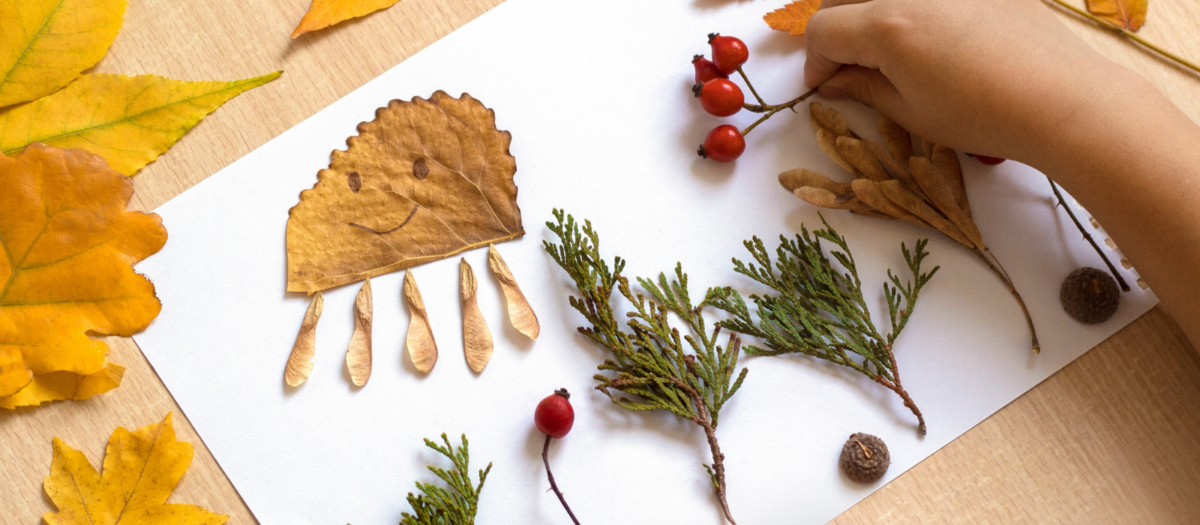
20. Draw in the Dirt or Sand Using Sticks or Rocks
Head outside with a stick and draw pictures, shapes, letters, or numbers in the dirt or sand. This simple activity encourages fine motor skills while using natural art supplies.
Animal and Insect Discovery Activities
Animals and insects are fascinating to preschoolers, and observing them up close is a great way to teach kids about all of the creatures sharing the outdoors with us.
21. Watch Birds and Identify Them with a Simple Guide
Grab a pair of kid-friendly binoculars and head outside to watch birds. Use a simple bird guide or app to help your preschooler identify the birds they see. Encourage them to notice the birds’ colors, sizes, sounds, and behaviors.
22. Create a “Bee Bath” with Water and Pebbles
Bees need water just like we do! Help your child make a bee bath by filling a shallow dish with water and adding pebbles, sticks, or small stones. Place it in a sunny spot, and watch as bees and other pollinators visit.
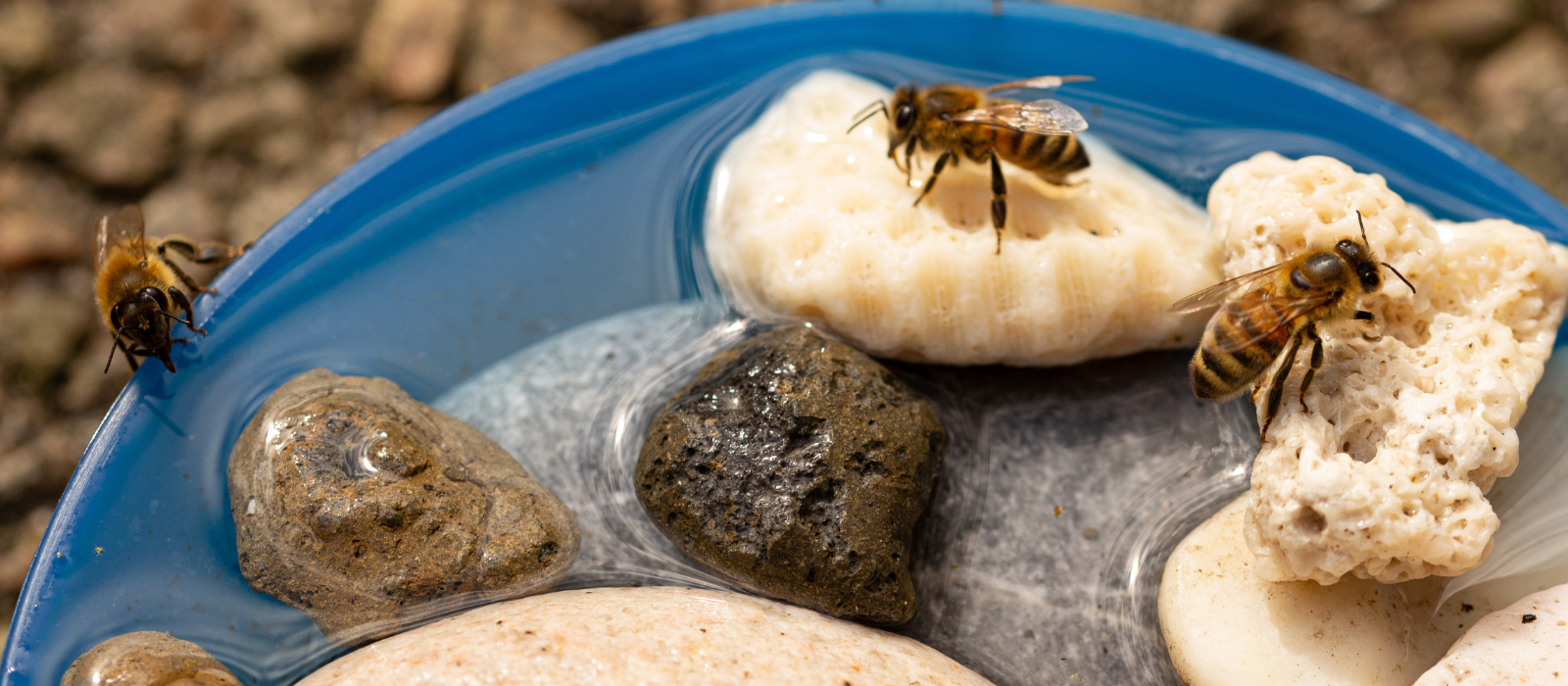
23. Build a Bug Hotel Using Twigs and Leaves
Collect twigs, leaves, and other natural materials to construct a bug hotel in your backyard. Arrange the materials in a small wooden box, an old flowerpot, or even a pile on the ground to create hiding spots for insects. Check on the hotel regularly to see who has moved in!
24. Observe Frogs or Tadpoles in a Pond
Visit a local pond or wetland and look for frogs, tadpoles, or other aquatic creatures. Encourage your child to describe what they see. This is a great activity to segway into discussions about the lifecycle of frogs and other animals.
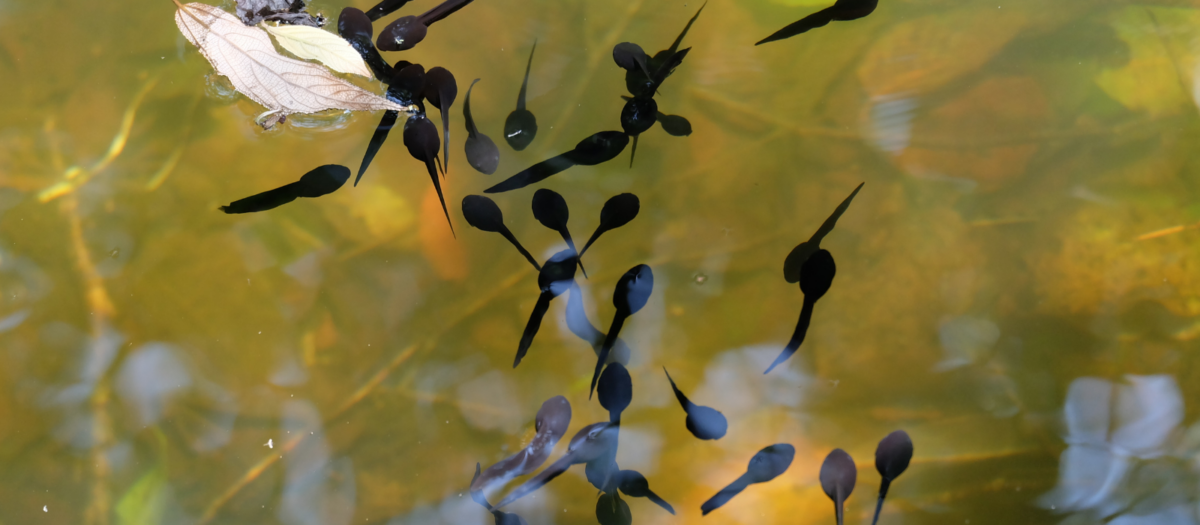
25. Feed Ducks or Fish at a Local Pond (If Allowed)
Take a trip to a pond where feeding the ducks or fish is permitted. Bring duck-safe treats like lettuce, peas, or oats, and let your preschooler drop the food gently into the water. This activity is not only fun but also a chance to teach about kindness to animals and responsible feeding practices.
Movement and Physical Play
Outdoor play encourages preschoolers to be active and explore their environment in new ways. Engaging in physical activities in natural settings can help build gross motor skills, coordination, and confidence, all while having a great time.
26. Set Up a Nature-Themed Obstacle Course
Use natural elements like logs, rocks, and tree stumps to create an obstacle course. Have your preschooler jump over logs, crawl under branches, or balance on stones. This activity combines physical activity with creative play, turning your backyard or park into an adventure zone.
27. Fly Kites on a Windy Day
Head to an open space on a breezy day and let your preschooler fly a kite. Show them how to hold the string and run to keep the kite in the air. It’s a fun way to teach them about wind and movement while enjoying the great outdoors.
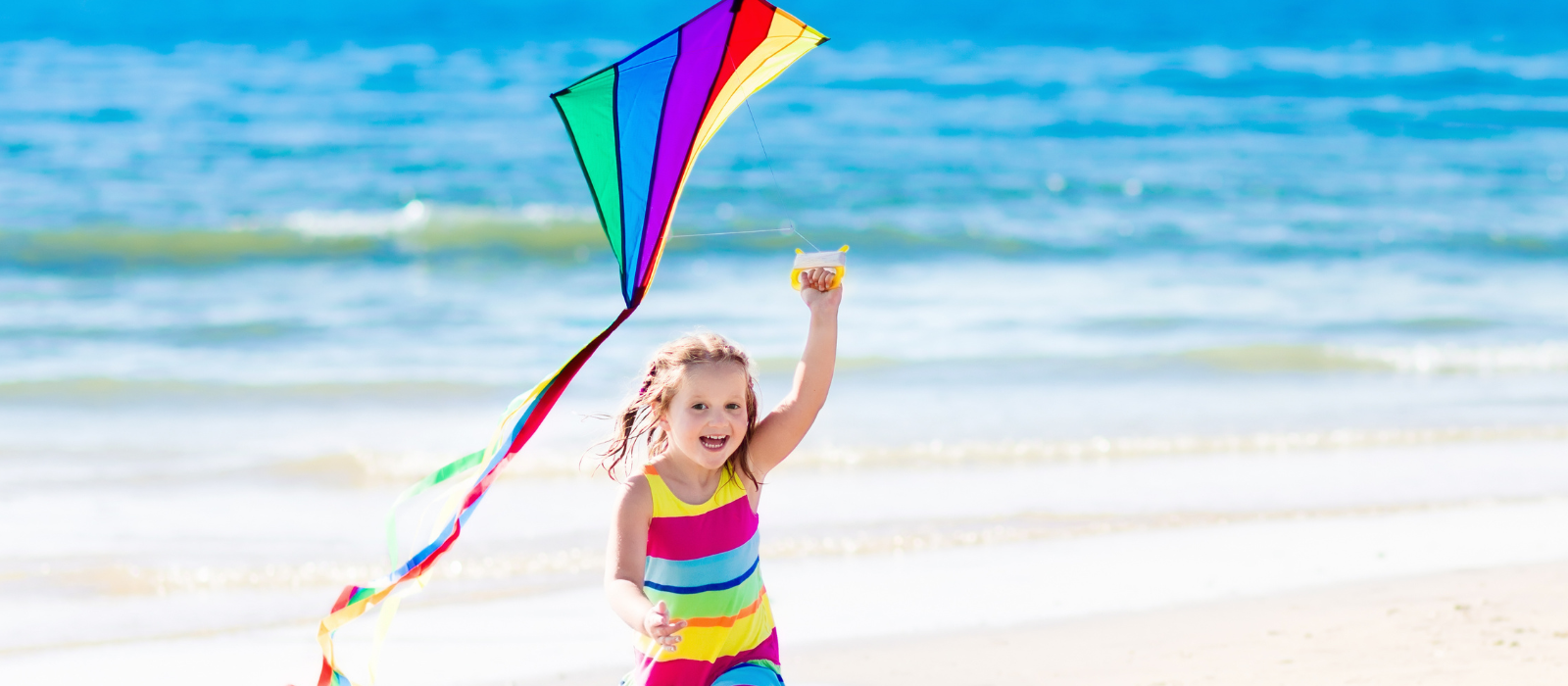
28. Play “Nature Tag” by Hopping Between Tree Stumps or Rocks
Turn a game of tag into a nature-inspired challenge by setting boundaries where players can only hop between tree stumps, rocks, or other natural objects or are only “safe” when standing near a natural object. This variation adds a fun twist to a classic game.
29. Roll Down Grassy Hills
Find a small gentle, grassy slope and let your child roll down. This simple activity is pure joy for kids and a great way to help them burn off energy and even provides an opportunity to discuss the concept of gravity. Before starting, inspect the hill to ensure it’s free of sticks, stones, or biting insects like red ants. A quick check will make sure the area is safe.
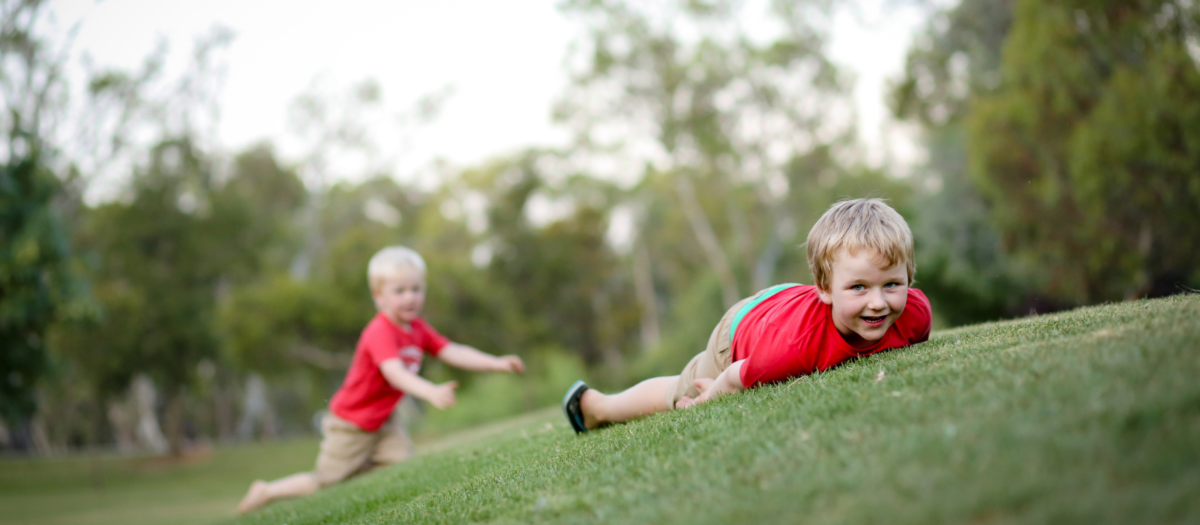
30. Climb Small Trees or Scramble Over Logs with Supervision
Let your child test their climbing skills by exploring and/or climbing over fallen logs. Always supervise to ensure safety and provide encouragement as they navigate the natural playground. This activity can help to build confidence and strengthen gross motor skills.
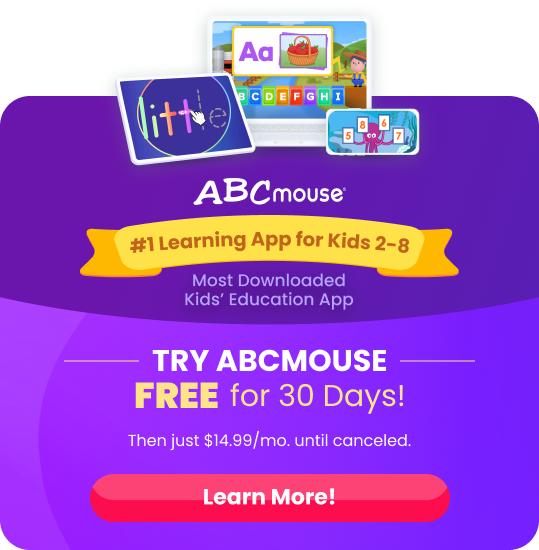
Weather and Sky Observations
Weather and the sky offer endless opportunities for preschoolers to learn about the world around them. These activities encourage children to observe, predict, and explore natural science concepts in simple and engaging ways. For more ideas, check out our Preschool Weather Activities for hands-on weather fun!
31. Watch Clouds and Identify Shapes
Lay out a blanket and spend time looking up at the sky with your child. Ask them to identify shapes, animals, or objects in the clouds. Encourage storytelling by imagining how the shapes could connect to make a fun story. Take a moment to learn the names of different cloud shapes and how to identify them.
32. Explore Shadows and How They Change During the Day
Let your child test their climbing skills by exploring and/or climbing over fallen logs. Always supervise to ensure safety and provide encouragement as they navigate the natural playground. This activity can help to build confidence and strengthen gross motor skills.
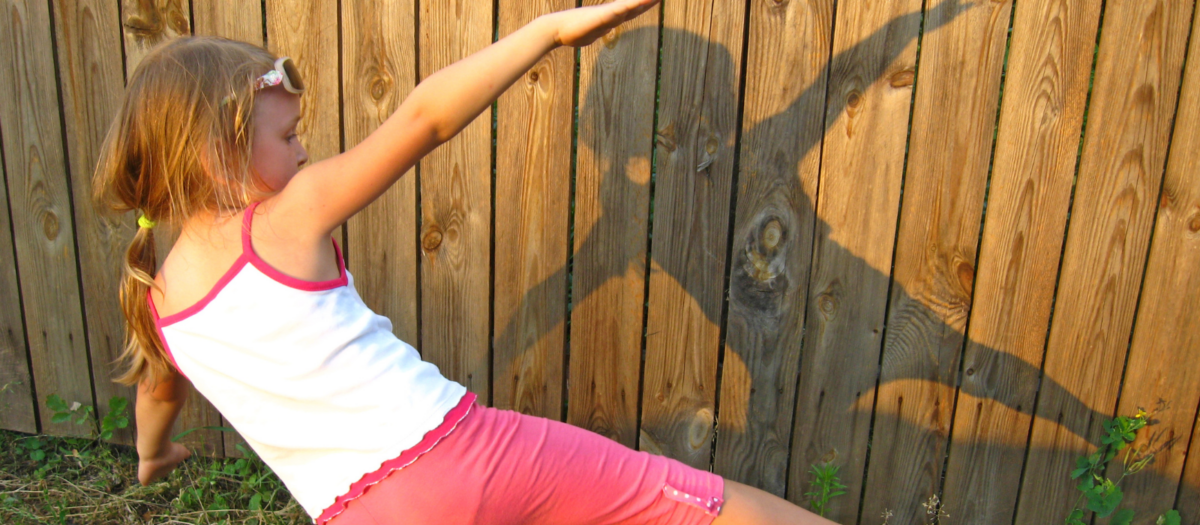
33. Measure Rainfall with a Simple Rain Gauge
Use a clear jar or plastic cup to make a rain gauge. Mark the side with measurements and place it outside during a rainstorm. Afterward, measure how much rain has fallen and talk about the importance of water for plants and animals.
34. Fly Paper Airplanes and Observe the Wind
Make simple paper airplanes and fly them in your backyard or at a park. Experiment with different designs and observe how the wind affects their flight. Talk about how the strength and direction of the wind can influence where the airplanes go.
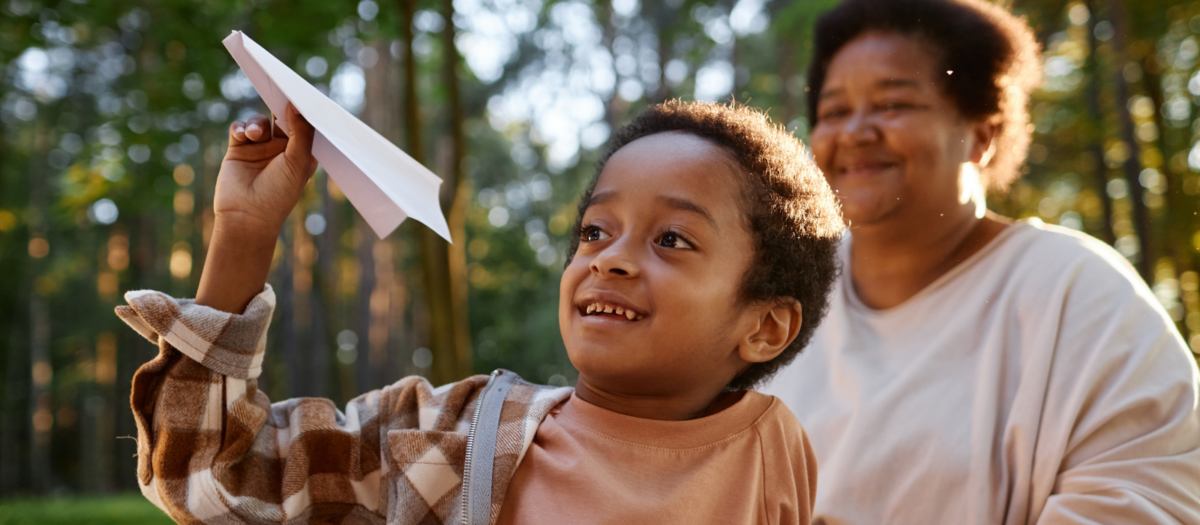
35. Track the Sun’s Movement with a DIY Sundial
Create a simple sundial by placing a stick upright in the ground or in a pot of soil. Use rocks or chalk to mark where the shadow falls at different times of the day. This activity introduces children to the concept of time and the movement of the sun.
Water and Sand Play Activities
Water and sand provide preschoolers with rich, hands-on experiences that support sensory exploration, creativity, and early learning. These materials encourage children to engage their senses by feeling the textures of wet and dry sand, observing how water flows, and experimenting with how they interact.
36. Build a Sandcastle and Decorate It with Shells and Pebbles
Head to a sandbox or beach and let your child build their dream sandcastle. Provide tools like buckets and shovels, and encourage them to decorate their masterpiece with collected shells, pebbles, or leaves. Experiment with using sand that’s slightly wet versus sand that’s saturated with water.
37. Dig a Mini Canal System in the Sand
Use shovels or hands to dig canals and pathways in the sand. Add water to see how it flows through the channels. Experiment with different designs to create rivers, lakes, or even a miniature dam, blocking the water’s path with stones and twigs. This activity introduces basic engineering concepts and cause-and-effect learning.
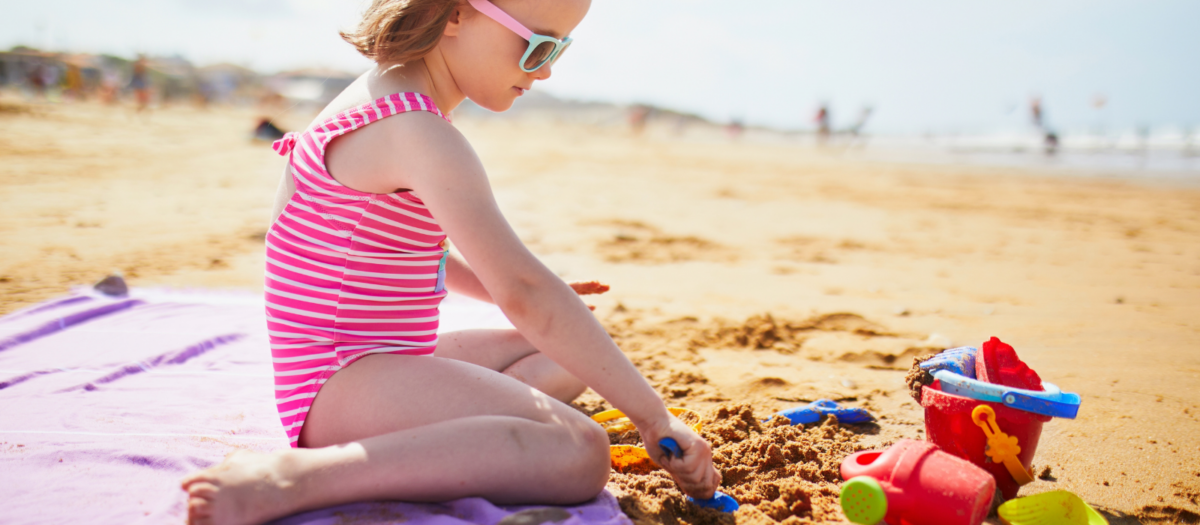
38. Create a “Mini Pond” with a Container and Floating Toys
This project starts with a shallow bin. Add a shallow bowl to the bin and fill it with water to act as a “pond.” Then, fill in the space around the shallow bowl with sand, pebbles, dirt, stones, and small twigs and leaves, creating the landscape around the pond. Add some floating toys or dolls, plastic animals, or action figures, and you’ve created a miniature outdoor playscape for your child. This is a wonderful way to explore the components of an ecosystem and encourage imaginative play.
39. Make a DIY Waterfall Using Cups or a Hose
Stack plastic cups or use a water bottle to create a cascading waterfall. Poke small holes in the bottom of each container, stack them, and pour water from the top. Your child will love watching the water flow down, learning about gravity and water movement in the process.
40. Explore the Shoreline of a Lake or Stream
Visit a lake, river, or stream, and let your child collect interesting stones, shells, or driftwood. Use this time to teach them about the natural elements they find, discussing textures, shapes, and how water smooths rocks and other objects over time, and can even carve out the shape of the land surrounding it.
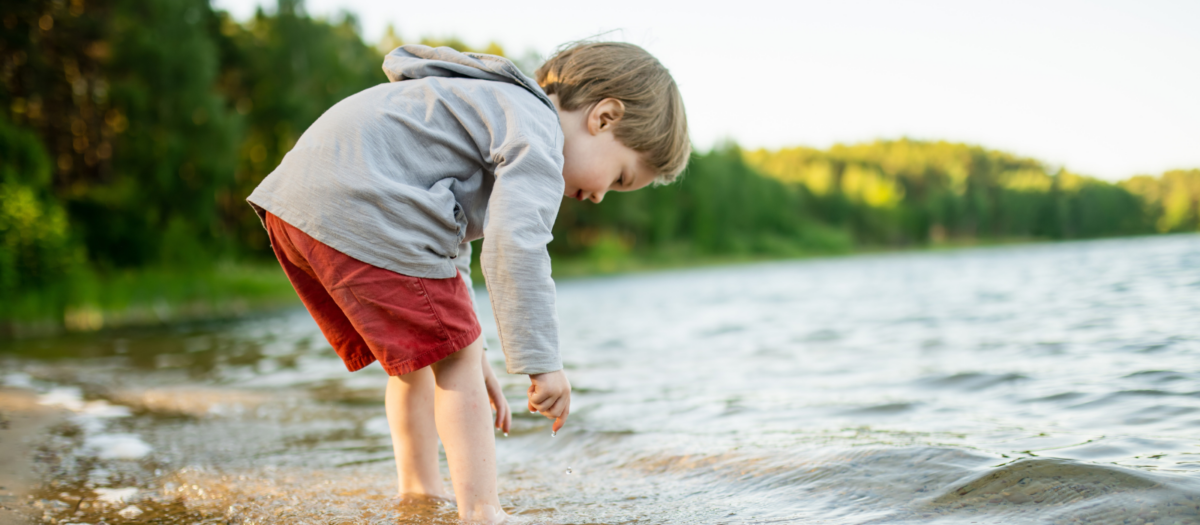
Seasonal Nature Activities
Each season offers unique opportunities for preschoolers to explore and connect with nature. These activities are designed to celebrate the beauty of the changing seasons.
For even more seasonal inspiration, see our 37 Engaging and Educational Summer Activities for Preschoolers.
41. Rake Up Leaves in the Fall and Jump Into the Piles
Raking leaves is not only a fun and productive physical activity but also a great way to teach preschoolers about teamwork and seasonal changes. After creating a big pile, let them enjoy jumping in and scattering the leaves. It’s a simple way to make fall magical!
42. Observe Trees for New Buds or Flowers in Springtime
Take a walk and observe how trees and plants change as spring arrives. Encourage your child to look for budding leaves, blossoms, or emerging flowers. Talk about how warmer weather brings new growth, creating an appreciation for nature’s cycles.
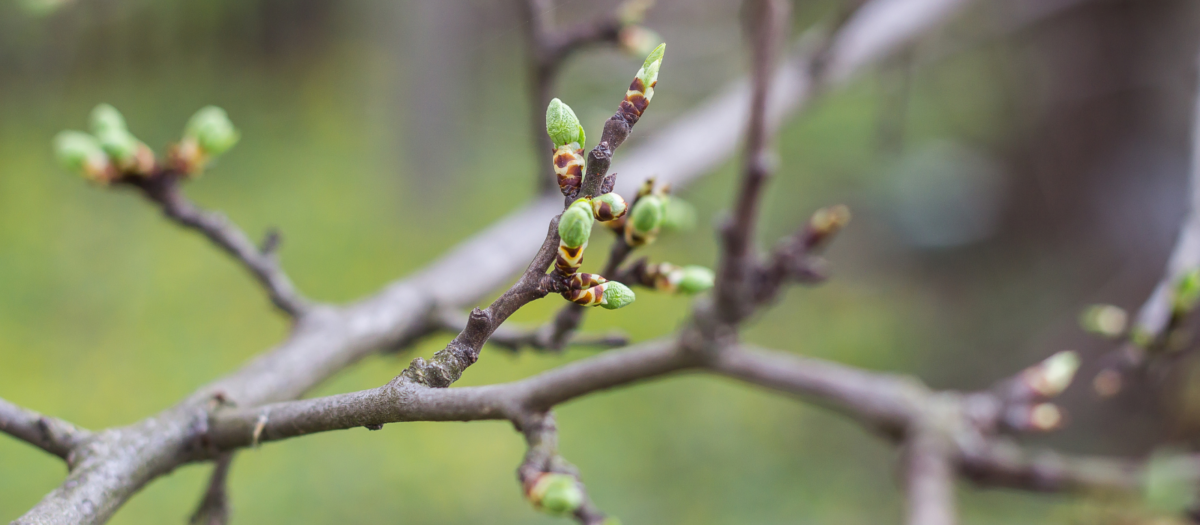
43. Collect Snow or Ice in the Winter and Paint It with Food Coloring
On a snowy day, pack snow or ice into a rimmed baking sheet and provide your child with food coloring or watercolor paints and paintbrushes. Let your child “paint” the snow, mixing colors and creating designs.
44. Create a Summer Wildflower Bouquet Together
During the summer, go on a walk to collect colorful wildflowers. Help your preschooler arrange them into a bouquet, and display it at home. This activity encourages creativity and teaches children to identify different flowers. Please note, some wildflowers are protected and illegal to pick. Check with your area’s local guidelines first.
45. Build a Bird Feeder with Pinecones, Peanut Butter, and Birdseed
This classic activity is perfect for any season. Find a sturdy pinecone and tie a string to it. Spread some peanut butter around the pinecone’s edges, then coat it with birdseed. Hang it from a tree branch and watch as birds come to visit. It’s a wonderful way for children to observe animals.
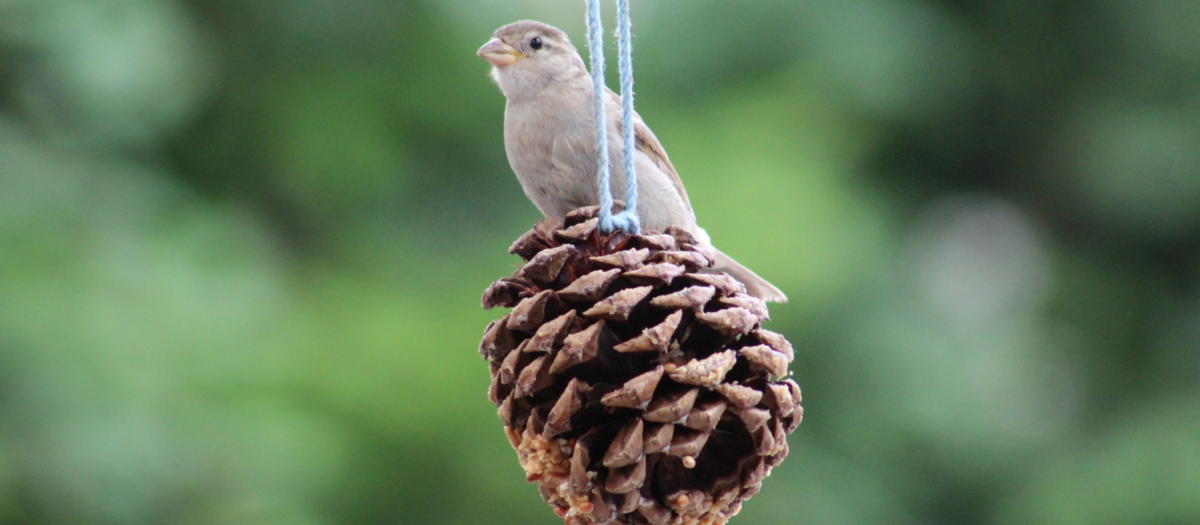
More Nature Activities for Preschoolers
These creative and seasonal activities build off of the other categories and provide excellent opportunities for preschoolers to engage with the natural world. Find even more hands-on ideas with these 20+ Play-Based Learning Activities for 3-Year-Olds.
46. Build a Small Outdoor Fort Using Branches and Blankets
Gather sticks, branches, and an old blanket to create a simple outdoor fort. To create a clean and dry base, lay out a garbage bag or small tarp. Then use the fort as a cozy place to read, enjoy a snack, or simply observe nature.
47. Play with Water in a Kiddie Pool or Sprinklers
On a warm day, set up a kiddie pool or turn on the sprinklers for some refreshing outdoor fun. Add toys or buckets for water play, and let your preschooler explore pouring, splashing, and even floating small objects. As your child fills buckets or cups with different amounts of water, discuss which one has more or less, which introduces the concept of measuring.
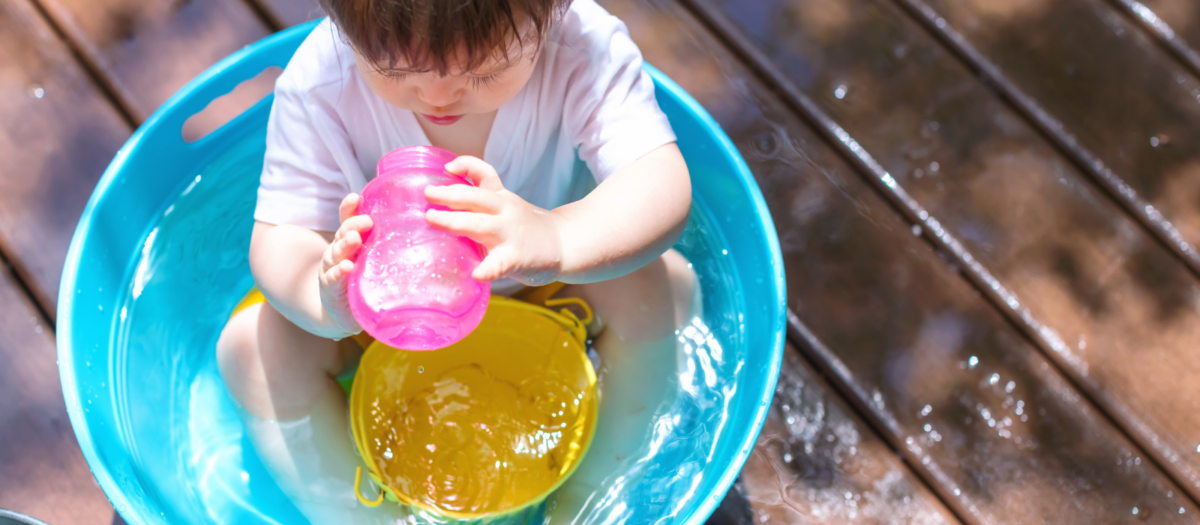
48. Collect and Decorate Pinecones
Take a walk to collect pinecones, then bring them home to decorate with paint, glitter, or natural embellishments like leaves and twigs. You can do the same with dry twigs and sticks.
49. Create “Leaf Boats” and Float Them in a Stream
Use large leaves as boats and float them in a nearby stream or puddle. Add small sticks or flowers for decoration, and watch as they sail. This activity introduces basic science concepts like buoyancy and current.
50. Have a Picnic and Teach About Healthy Eating
Pack a picnic with healthy snacks and head to a park or your backyard. Include your preschooler in preparing the food and talk about the importance of eating fruits, vegetables, and other nutritious options. During your picnic, observe the nature around you and look for animals that may be enjoying a snack as well.
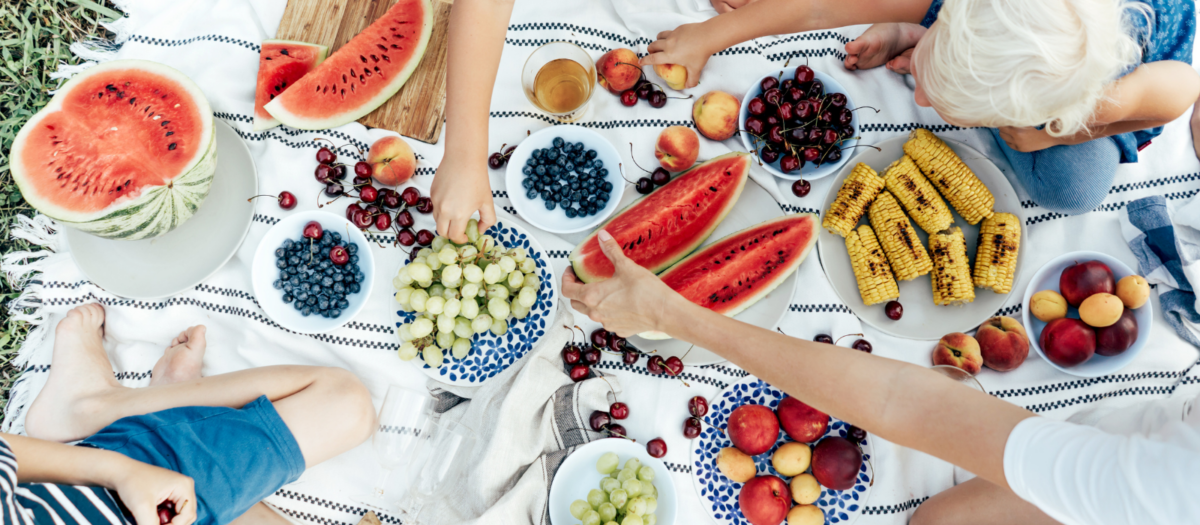
These activities offer preschoolers countless opportunities to connect with nature while building essential skills like creativity, problem-solving, and sensory awareness. By engaging in outdoor play and hands-on exploration, children can develop a deeper appreciation for the world around them, all while learning and growing in fun and meaningful ways.
For even more engaging and educational ideas, check out ABCmouse. With a wide range of tools, games, and resources designed specifically for preschoolers, ABCmouse helps make learning fun and accessible—whether indoors or outdoors.
#1 Downloaded Kids’ Education App in the U.S.
The ABCmouse app has so much to offer! You and your child will find 10,000+ games and activities designed by curriculum experts to nurture math and reading skills, along with an extensive digital library and so much more. Our research-back curriculum focuses on preschoolers through second graders.
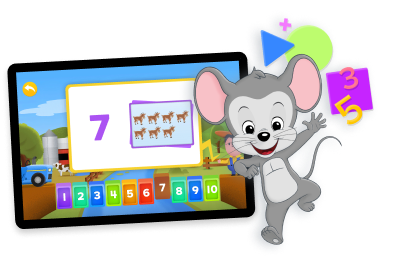

Then just $14.99 a month until canceled
Legal Disclaimer: Any information, materials, or links to third-party resources are provided for informational purposes only. We are not affiliated with and do not sponsor/endorse these third parties and bear no responsibility for the accuracy of content on any external site.
-
The Ultimate List of 70+ Indoor Activities for Kids
Discover 70+ fun indoor activities for kids—screen-free games, creative play, learning ideas, and movement for every age group.
-
10 Festive & Free Printable Christmas Crafts for Kids (with Templates!)
Download free printable Christmas crafts for kids—perfect for fun, festive, hands-on holiday activities at home or in the classroom.
-
Pattern Activities for Preschoolers and Kindergarteners
Explore fun pattern games, printables, and hands-on activities that help preschoolers build early math and logic skills through play.
-
15+ Sensory Play Ideas for Home or Classroom
Explore fun sensory play ideas to spark creativity and support child development—perfect for home or classroom activities.
-
15+ Cooperative Play Activities for Home or Classroom
Explore 15+ fun cooperative play ideas that help kids build teamwork, communication, and social skills at home or in the classroom.
-
Number & Counting Activities for Preschoolers: 25 Fun + Easy Ideas
Discover 25+ fun and educational play-based learning activities for preschoolers and kindergarteners. Boost creativity, motor skills, and critical thinking through play!



